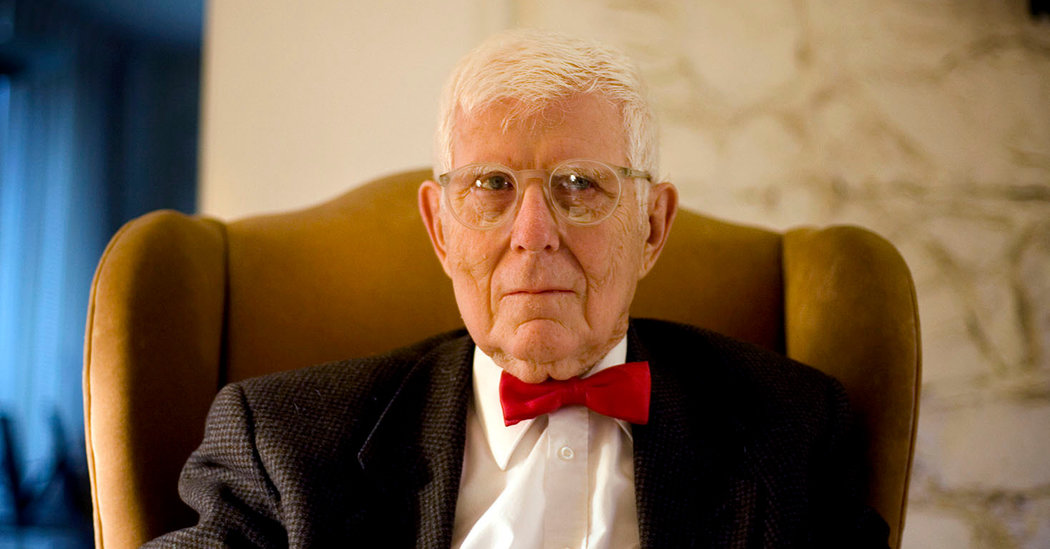
In contrast with Dr. Ellis, a flamboyant, tough-love father figure who died in 2007, Dr. Beck came across as an affectionate paterfamilias. Smiling softly beneath a rich sweep of white hair, wearing a bright bow tie and tailored suit, he engaged patients gently, chipping away at self-defeating beliefs with Socratic questions: Would you agree it is against your interests to have this belief? Do you think it’s possible to ignore these thoughts?
He had a different effect, however, on many of his contemporaries. When he first described his approach, Freudian analysts ventured that he “had not been well analyzed,” the ultimate insider’s put-down, implying that he was unequipped to understand others because he had not fully understood himself in his training therapy.
Later, in the 1980s, Dr. Beck was hit from the other side: So-called biological psychiatrists, who focused on drug treatments, questioned the strength of C.B.T. studies, saying that they were unimpressive compared with drug trials. To the extent that the therapy worked, argued Dr. Donald Klein, then director of the New York State Psychiatric Institute, it was because of a general morale-boosting effect rather than a specific, targeted treatment.
Dr. Beck hardened with a blunt New England edge when challenged. But he typically responded with a pile of new data, and avoided being drawn into intellectual blood feuds with other theorists.
Cognitive therapy spread worldwide, in part because therapists found it useful and in part because its techniques could be summarized simply in manuals, making it easy to standardize, teach and use in research studies. Dr. Beck, patient, plain-spoken and persuasive, was its most effective ambassador.
In the first chapter of his classic 1967 book, “Depression: Causes and Treatment,” he observed: “There is an astonishing contrast between the depressed person’s image of himself and the objective facts. A wealthy man moans that he doesn’t have the financial resources to feed his children. A widely acclaimed beauty begs for plastic surgery in the belief that she is ugly. An eminent physicist berates himself ‘for being stupid.’”
He wrote or co-wrote 22 books in all, on technical psychiatric topics as well as love, anger and chronic pain, including three with his daughter Judith.




